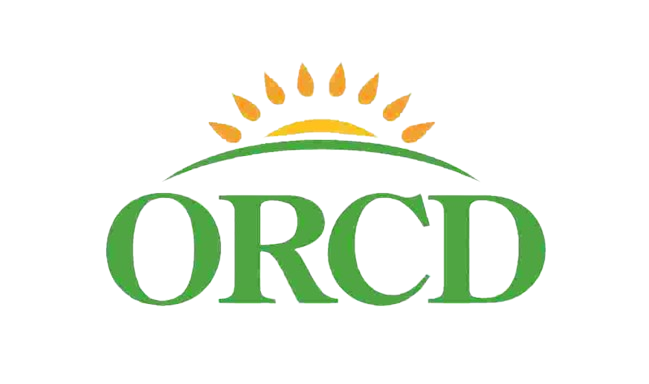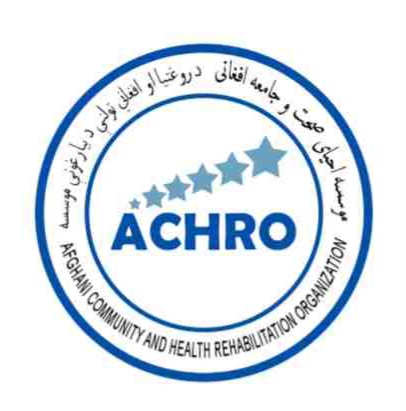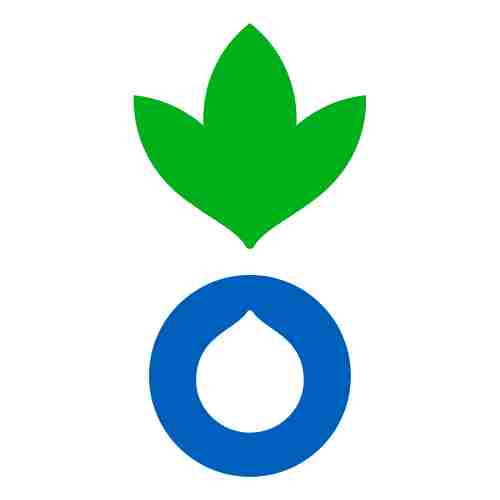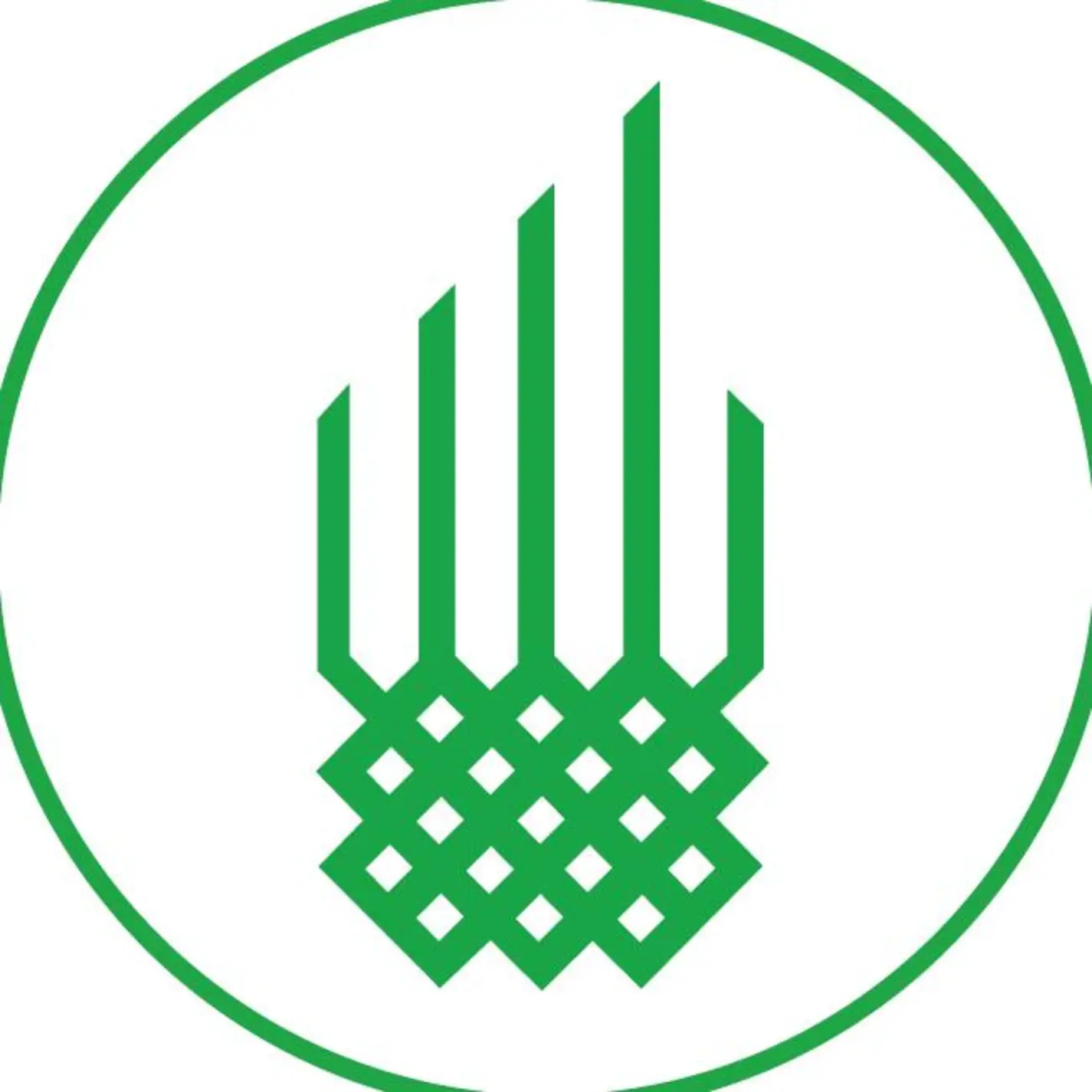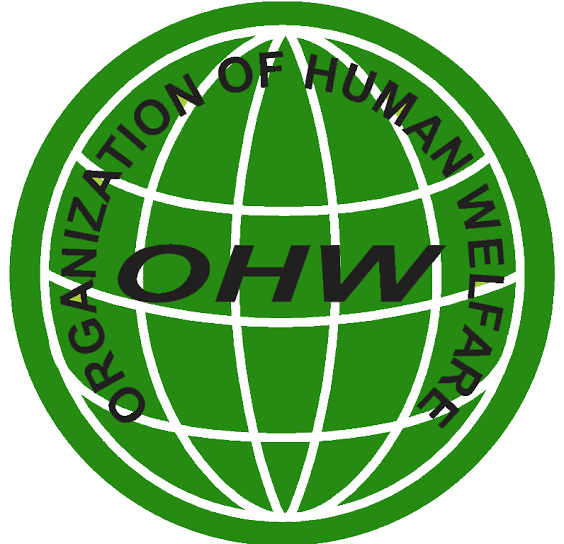Under the direct supervision of health program manager, the Nutrition Specialist will serve as a technical leader responsible for the design, implementation, and monitoring of nutrition interventions in alignment with national guidelines, donor requirements, and WFP, UNICEF and other donor strategic priorities. This role is pivotal in ensuring that quality, evidence-based nutrition services are delivered to children under five, adolescent girls, and mothers, especially in the most deprived areas. The Specialist will bridge technical support with capacity-building and advocacy, facilitating the seamless integration of nutrition into broader maternal, newborn, and child health (MNCH), WASH, and food security programs.
Key Responsibilities
1. Program Implementation and Technical Support.
1.1: Lead Implementation:
- Direct the rollout of nutrition-specific interventions based on national guidelines and donor requirements.
- Drive initiatives such as CMAM (Community-based Management of Acute Malnutrition), IYCF-E (Infant and Young Child Feeding in Emergencies), and micronutrient supplementation programs.
1.2: Technical Guidance:
- Offer expert support on the design and adaptation of treatment protocols including simplified approaches for managing child wasting (e.g., lower dosage RUTF protocols).
- Provide technical input for the integration of nutrition services into MNCH, WASH, and food security programs.
1.3: Evidence Generation and Service Integration:
- Support the planning and conduct of nutrition surveys, sentinel site expansion, SMART assessments, and research on innovative treatment protocols.
- Oversee the development and revision of Nutrition Information Systems and reporting tools, ensuring data integration across platforms.
2. Capacity Building
2.1: Training and Mentorship:
- Develop and deliver comprehensive training programs and refresher courses for health and nutrition staff on key protocols (e.g., CMAM, IYCF, MIYCN).
- Mentor Ministry of Public Health (MoPH) and partner staff, including community health workers and nutrition extenders, to strengthen community-level nutrition services.
2.2: Material Development:
Adapt and develop culturally and linguistically appropriate training materials and guidelines in local languages (Dari/Pashto) to enhance understanding and adherence to protocols.
2.3: Workshops and Technical Support:
Organize and facilitate national and provincial training-of-trainers (ToT) sessions and technical workshops tailored to the evolving needs of the nutrition program.
3. Monitoring and Evaluation
3.1: Assessment and Data Monitoring:
- Convene and support the design and implementation of nutrition assessments—including SMART, KAP, and coverage surveys—ensuring that program performance indicators are met.
- Monitor routine data from sentinel sites, Vitamin A supplementation rounds, deworming drives, and other nutrition interventions.
Data Analysis and Reporting:
- Compile, analyze, and interpret nutrition data to generate actionable insights and programmatic improvements.
- Prepare regular, detailed reports that inform decision-making and facilitate timely adjustments to program delivery.
4. Coordination and Advocacy
4.1: Stakeholder Engagement:
- Actively participate in coordination meetings, such as Nutrition and Health Cluster forums, to ensure a cohesive approach across sectors.
- Liaise with government counterparts, including the Ministry of Public Health (MoPH), and key stakeholders to align program activities with national strategies.
4.2: Advocacy for Best Practices:
- Champion evidence-based best practices in nutrition programming and policy development within multi-sector coordination frameworks.
- Support advocacy efforts to ensure sustainable nutrition service delivery and policy reforms that address local and national nutrition challenges.
5. Supply Chain Support and Emergency Response
5.1: Nutrition Supplies Management:
Oversee the procurement, distribution, and management of essential nutrition supplies, including SAM treatment commodities, micronutrient supplements (MNP, MMS, IFA), and necessary testing equipment.
5.2: Emergency Preparedness:
- Contribute to the development of emergency preparedness and contingency plans for rapid, integrated nutrition responses during crises.
- Assist in ensuring the timely prepositioning of supplies and coordination of emergency nutrition services.
Additional Information
The Nutrition Specialist will work closely with donors’ nutrition staff, government counterparts, and implementing partners to drive a coordinated approach to nutrition service delivery. This role not only emphasizes technical and programmatic excellence but also aims to build sustainable, community-level capacities that will continue beyond the program’s direct interventions.


